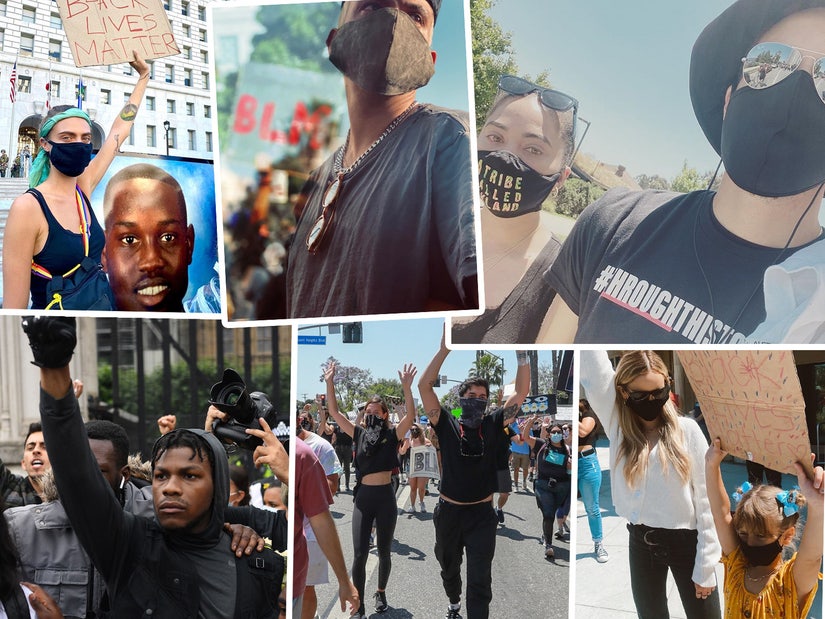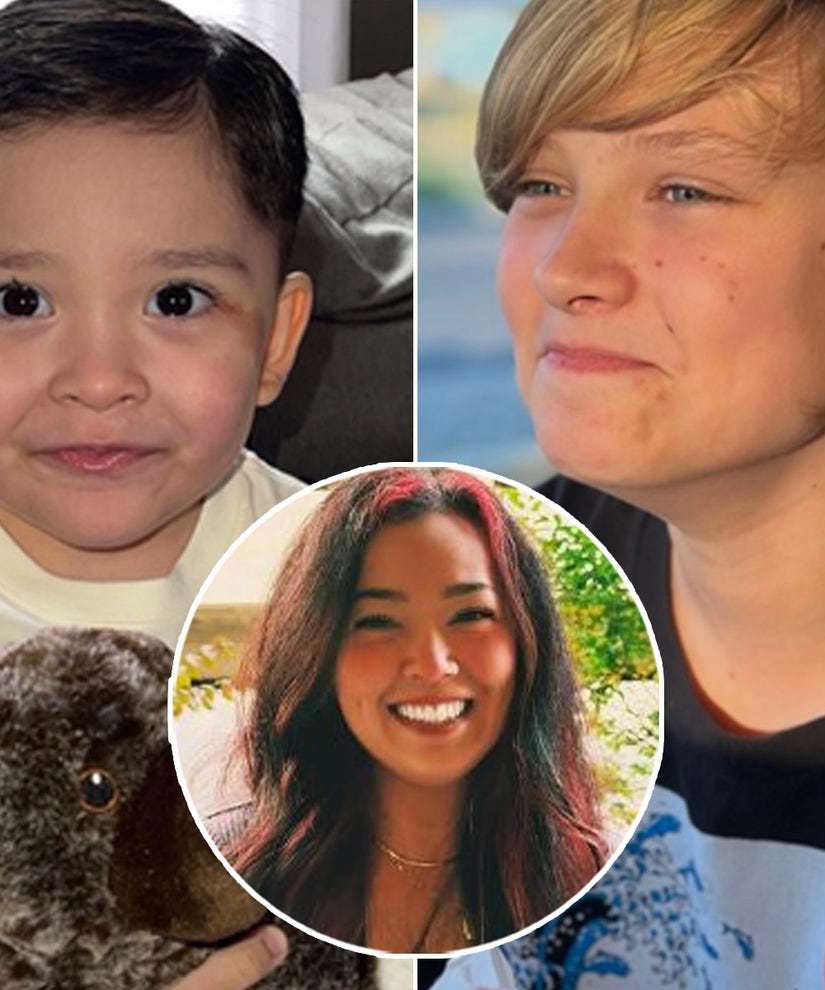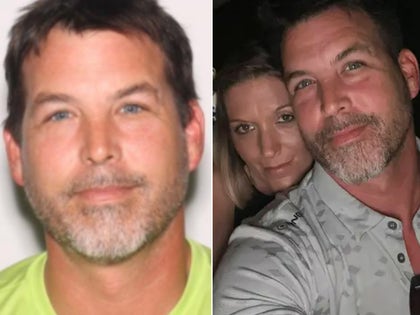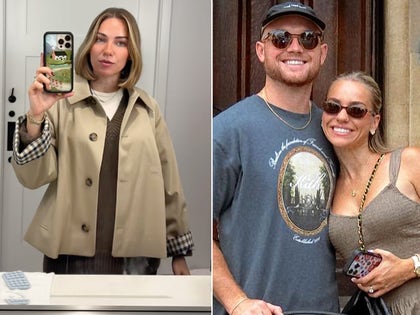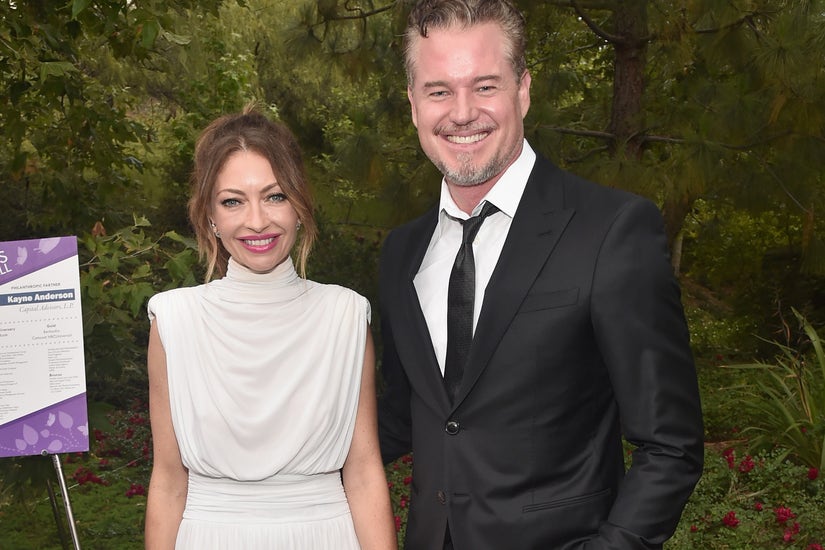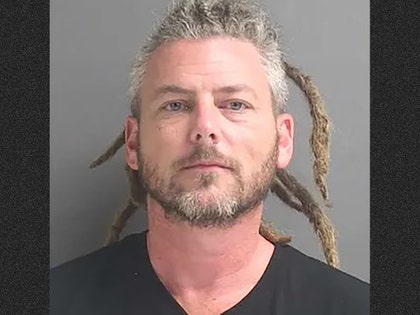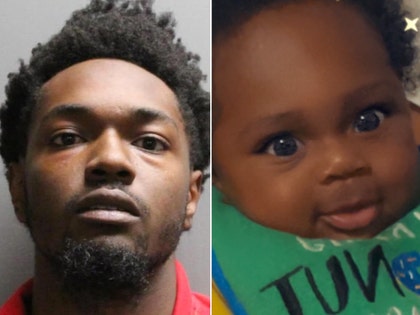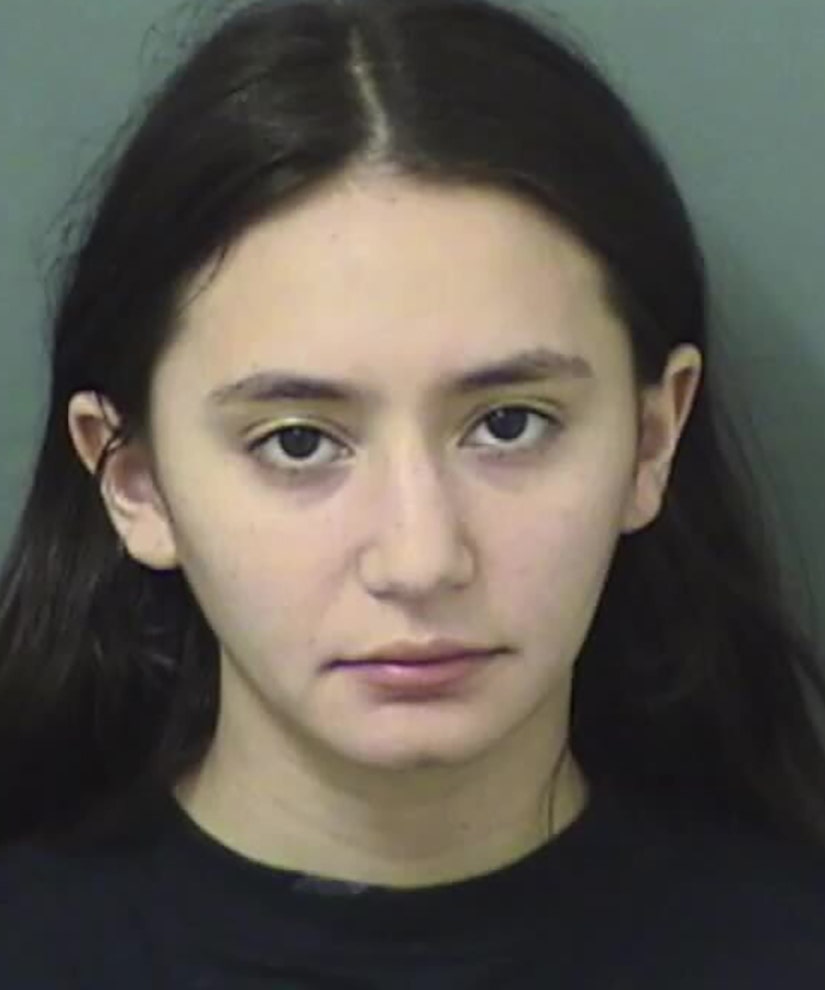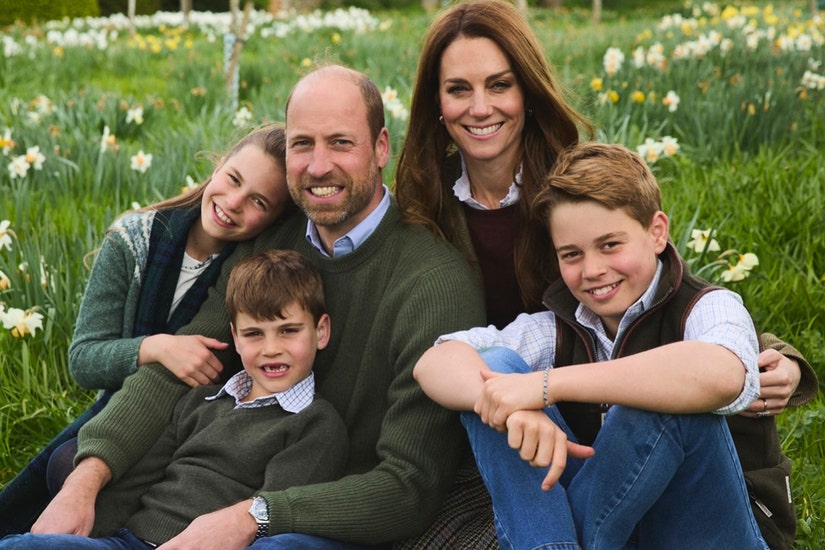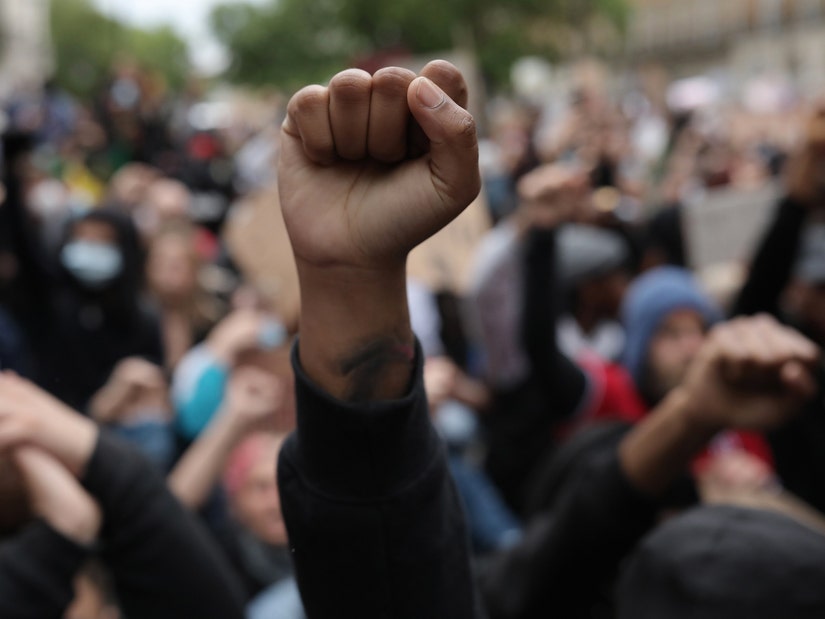 Getty
Getty
In the aftermath of the worldwide protests sparked by the deaths of George Floyd, Ahmaud Arbery and Breonna Taylor, pro-Black content is trending – but trending alone doesn't save lives.
The following is an essay from Sydney Sainté. Sydney is a Caribbean-American, LA-based performer, writer, filmmaker, and novice activist who can't stop eating and genuinely believes art can save the world.
Police brutality and racism are not new forms of injustice in our modern society. One could argue they are about as "American" as baseball and apple pie.
And yet, amid the ongoing Black Lives Matter movement, suddenly we are seeing an America acknowledging these things as injustices in a way never seen before. That’s good and it’s important, but it isn’t enough to just see it for what it is.
The words "ally" and "systemic racism" are being thrown around quite a bit these days, but one cannot properly combat the latter without first understanding how to be the former in a way that is both meaningful and effective.
Sure, many big corporations are feeling the pressure to send out some sort of statement or make grand, sweeping gestures to show how woke they are. Maybe they launch an investigation into allegations of racism from powerful figures within an organization, or fire someone for racist tweets and comments from their past.
And all over the country people are having more meaningful, tense, necessary conversations about macro- and microaggressions, and how to implement real change little by little every day. But these are early days yet and just first steps in righting a wrong that took generations to build.
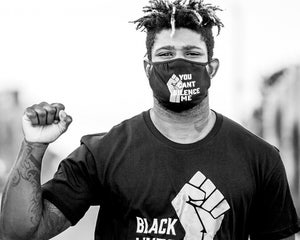 Turner Promotions
Turner Promotions
MMA Fighter Ian Butler Wants You to Fight for Black Lives
View StoryThough short- and long-term goals of the movement have been identified and a slight amount of progress is being seen, what with Breonna’s Law passing and local governments exploring the idea of defunding the police, the battle is just ramping up and there is so much more to do.
Active vigilance must be maintained. A gaggle of newly awakened white folk circulating trauma porn on social media while still profiting off of their own levels of privilege, is not by itself an effective movement for social change -- and yet without this very crucial step forward from the people in the majority, this momentum will die before real change can happen.
While many white people still struggle to learn that privilege has nothing to do with how much money they grew up with, it is imperative that they continue to learn and stay engaged with the movement, that they continue to repeat the names of George Floyd, Ahmaud Arbery, Breonna Taylor and more -- that they continue to be angry about these lives lost and racial inequality.
And then, it is imperative to learn the differences between performative allyship and what activists have dubbed "effective" allyship, as the mixing up of the two could dilute the message of this incredibly powerful and important movement.
An example of performative allyship: Band-Aid. The company recently released a new range of hues for their popular bandages in an ad that quickly went viral.
"This is so cool! #progress #inclusion #BLM", people said, reposting with a smile and going about their day feeling like they really did something. Not to be a buzzkill to that high, but Band-Aid is late -- by a long shot.
A few companies quietly beat them to the punch; namely Tru-Colour bandages, founded by Toby Meisenheimer in 2013 when his adopted Black son couldn’t find Band-Aids to match his skin tone.
And while Band-Aid appears to mean well here, once again they’ve bypassed generations of accountability with a quick fix to placate Black and POC communities.
It’s equivalent to those storefronts who put up signs in their windows and trumpet their support to the BLM protestors, not in actual solidarity but in the hopes their stores wouldn't get looted.
On a more individual basis, this type of non-POC performative ally can be seen loudly picking up the "civil rights" torch for all their friends to see on social media, only to do the absolute least that they can with it.
On the other side of the coin, effective allies practice listening, even when it’s not easy. They get familiar with the discomfort of confronting their own internalized racism or how they've contributed to the oppression of minority groups, whether knowingly or not, or how they’ve benefited from their privilege. They donate to protester bail funds and support Black-owned businesses.
As former “Daily Show” host Jon Stewart mentioned recently in an interview, "Black people have had to fight so hard for equality while white people were building equity".
Effective allies are ready to share that equity. They are self-educating with humility and the understanding that there is no gold star for this kind of work. Instead, they put in the work for the distant promise of a fairer, less prejudiced world.
Keeping the wave alive will take more than a repost or a hashtag, because racism exists not only in our systems but in the infrastructure of our minds and hearts. The difficult truth is that the real shift will take many mistakes, many setbacks and quite possibly several generations.
Is it triggering to be on social media right now as we stumble our way forward? Absolutely. Is it vital to the longevity of the movement that people who would usually have their heads in the sand during a moment like this be inundated with information and resources to keep the matter relevant? Yes.
And it is essential that those who call themselves allies to the cause are effective allies and that they have the will to stay with the movement for as long as it takes.
Black lives depend on it.

